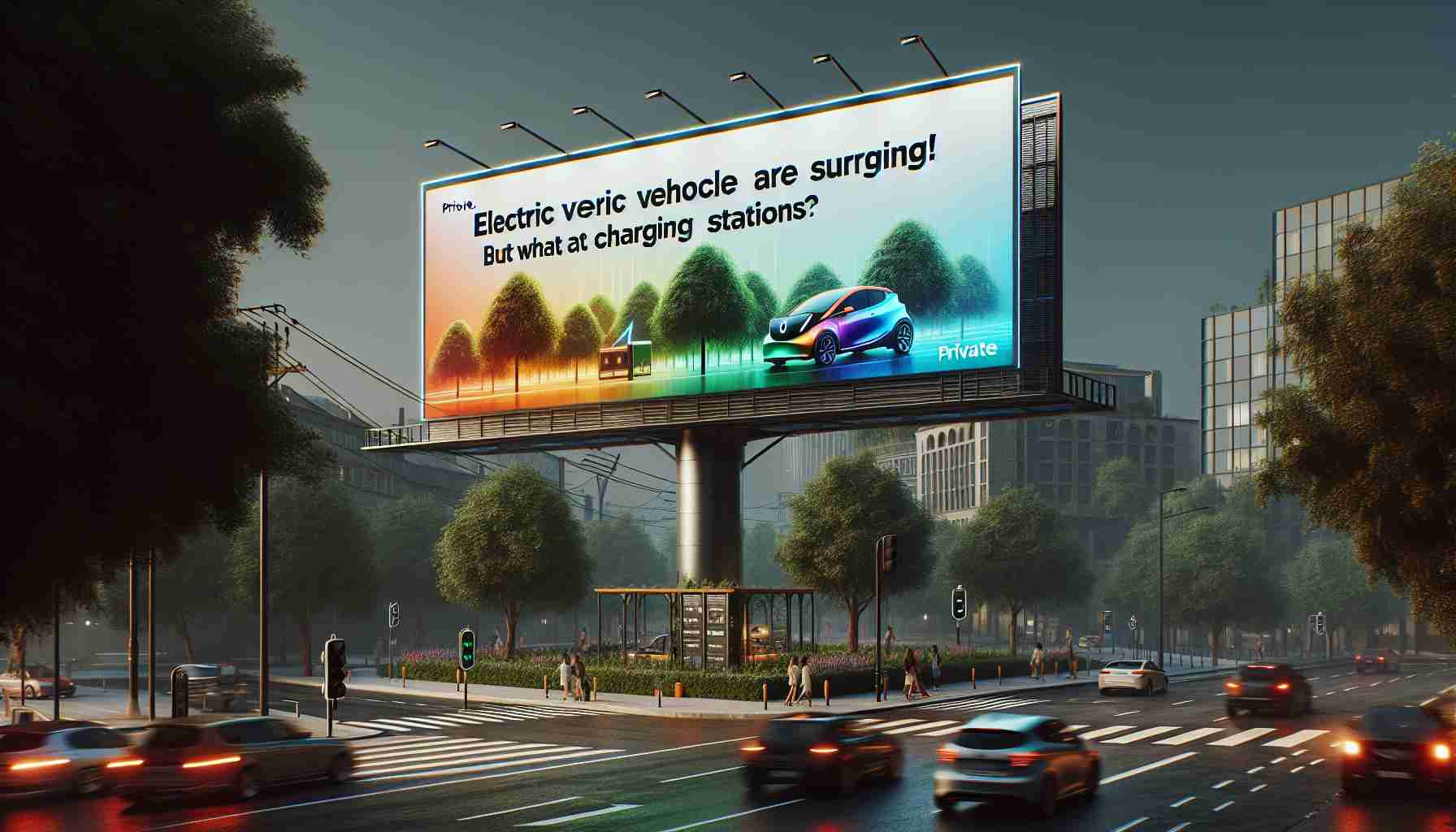The electric vehicle landscape is experiencing rapid growth, yet crucial hurdles remain. As the new administration prepares to assume power, doubts loom over the future of federal initiatives backing EVs.
However, sales figures tell a different story. During the fourth quarter, electric vehicle sales surged by an impressive 15% compared to the previous year, marking a milestone for the industry, according to the latest reports from Cox Automotive. This upward trend is mirrored by a significant increase in the availability of high-speed charging stations, as revealed by a Bloomberg analysis.
Two significant challenges face potential EV buyers: the higher upfront cost of electric vehicles and the insufficient charging infrastructure. An industry expert highlighted that drivers often hesitate due to concerns about charging availability during travels or lengthy commutes.
Businesses are recognizing the profit potential associated with alleviating charging-related anxieties. Experts suggest that strategic placement of charging stations near coffee shops or retail stores can entice drivers to spend time—and money—while their vehicles charge.
Recent collaborations have seen major companies like Volvo and Starbucks play a vital role in expanding fast-charging networks along key highways. As the number of electric vehicles on the road grows, so too does the demand for accessible charging options, creating a feedback loop that promises to enhance both sectors significantly.
In summary, while uncertainties loom over policy changes, the electric vehicle market continues to thrive, driven by increased sales and expanding infrastructure.
The Future of Electric Vehicles: Trends, Challenges, and Innovations
Electric Vehicle Market Growth
The electric vehicle (EV) market is expanding at an unprecedented rate, with a remarkable 15% increase in sales reported in the fourth quarter compared to the previous year, according to recent data from Cox Automotive. This growth showcases a significant shift in consumer preferences towards eco-friendly transportation.
Key Challenges for EV Adoption
Despite the positive sales figures, two major challenges remain prominent for potential EV buyers:
1. Higher Upfront Costs: Electric vehicles typically come with a higher initial price tag compared to their gasoline counterparts, which can deter buyers.
2. Insufficient Charging Infrastructure: A lack of accessible charging stations creates anxiety for drivers, particularly for those who rely on their vehicles for long commutes or travel.
Innovations in Charging Infrastructure
To combat these issues, innovative strategies are being employed. Experts recommend placing charging stations in strategic locations, such as near coffee shops or retail stores, to encourage drivers to utilize EVs without the fear of running out of battery. This approach not only alleviates charging concerns but also stimulates local business economies as drivers spend time and money while their vehicles charge.
Corporate Collaborations and Expanding Networks
Major corporations, like Volvo and Starbucks, are partnering to enhance the availability of fast-charging networks along busy highways. These collaborations signify a collective effort to address the charging infrastructure shortfall and meet the growing demand for electric vehicles. As more EVs hit the roads, the need for charging solutions will increase, creating a mutually beneficial relationship between EV manufacturers and charging service providers.
Market Insights
As the market continues to evolve, here are some noteworthy points:
– Sales Trends: With continuous advancements in EV technology and a growing consumer base, it’s predicted that sales will stabilize and increase further, eventually leading to competitive pricing.
– Environmental Impact: The trend towards sustainability continues to drive innovations in EV technology, paving the way for cleaner transportation solutions that contribute positively to the environment.
– Future Predictions: Experts forecast that with ongoing advancements in battery technology and government incentives, electric vehicles could dominate the automotive market within the next decade.
Conclusion
The electric vehicle landscape presents a dynamic mix of challenges and opportunities. While higher costs and charging infrastructure remain significant hurdles, the strategic responses from businesses and ongoing growth in sales show a bright future ahead for the industry. As consumer demand surges, innovations in charging solutions and corporate partnerships will likely play crucial roles in shaping the future of electric mobility.
For further insights and updates on electric vehicles, visit AutoTrader.
